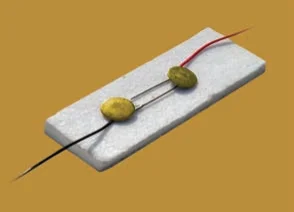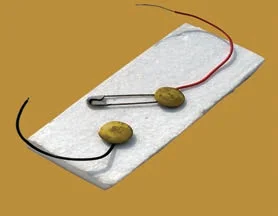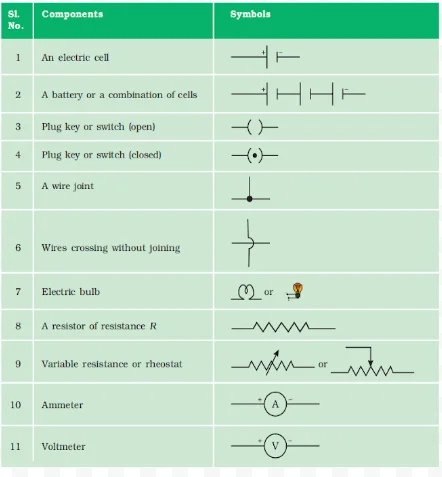Electricity has an important place in modern society. It is a controllable and convenient form of energy for a variety of uses in homes, schools, hospitals, industries and so on. Electricity makes it possible to light our homes, roads, offices, markets and factories even after sunset. A power station provides us with electricity which helps us to continue working at night.


Voltage Insight: The Voltmeter as a Key Electrical Component for Measuring Potential Difference in Parallel Circuits

Conclusion
In summary, the dynamic synergy of electrical components underscores their pivotal role in our technological evolution. From the nuanced control facilitated by switches, the power supplied by electric cells to drive everyday devices, to the symbolic language encoded in visual representations, these components collectively define the backbone of our modern infrastructure. Their intricate interplay continues to propel innovation, shaping a future where convenience and efficiency are seamlessly interwoven.
<div class="new-fform">
</div>
